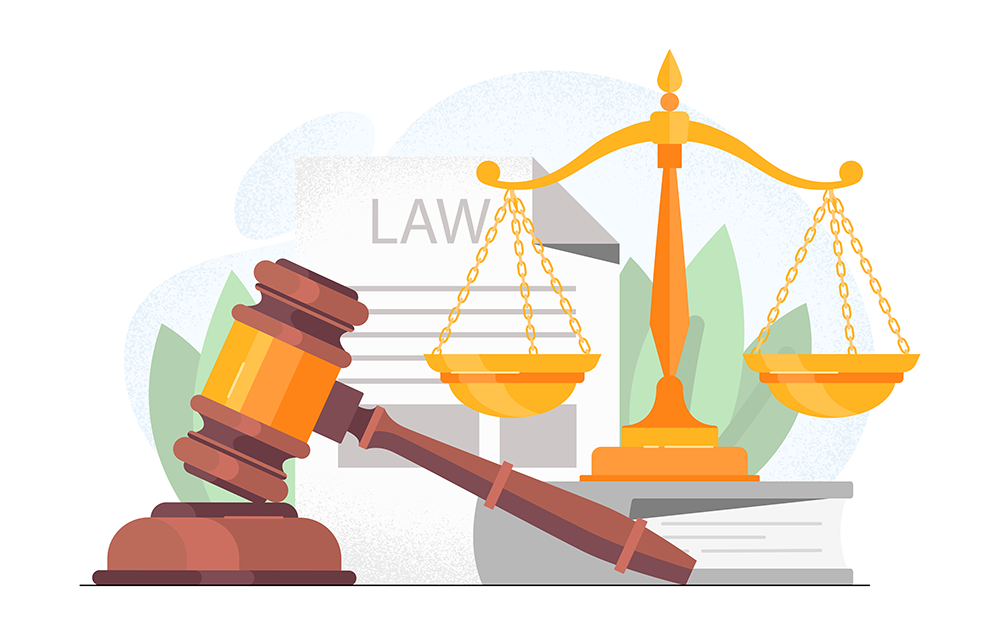Legal Foundations
The Child Find law in the United States requires schools to identify, locate, and evaluate all children who may need special education services. This includes autistic children from birth to the age of 21 who have autism and need specially designed instruction. That means that the law requires schools to offer to provide a comprehensive autism evaluation to a student they suspect may have autism and may need special education services. (Parents have the choice not to accept the offer.)
These evaluations must be conducted within a specific timeframe and are most often provided by a team of professionals who work within the school setting. At other times, a school system may choose to contract with outside professionals to conduct the autism evaluation within the legal guidelines.

Child Find 3301-51-03
Each school district shall adopt and implement written policies and procedures...that ensure all children with disabilities residing within the district...and who are in need of special education and related services are identified, located, and evaluated as required by the Individuals with Disabilities Education Act...
Child Find
"...all children with disabilities..."
Applies from birth to age 21
Initial Evaluation §300.301
General. Each public agency must conduct a full and individual initial evaluation, in accordance with §§300.305 and 300.306, before the initial provision of special education and related services to a child with a disability under this part.
Components of autism evaluations conducted in the public schools in the United States are guided by the federal law, Individuals with Disabilities Education Act (IDEA). Autism evaluations conducted in the schools are for the purpose of determining if a student has a disability (the term used in federal law) and to determine the educational needs the student may have that are related to autism. This is called “educational identification for eligibility determination.” In contrast, autism evaluations in private settings are for the purpose of “diagnosis.” The procedures are often very similar.
Assessment teams in public schools are required to gather functional, developmental, and academic information using a variety of assessment tools and strategies. No single score on a single instrument may be used as sole method for determining if a student has autism. IDEA also requires that the school assessment team considers existing evaluation data including reports from evaluations by professionals outside the school setting. Specific timelines are provided to guide the evaluation process.
IDEA states that assessments and evaluations must be conducted by “trained and knowledgeable personnel.” There is a specific set of skills that are necessary for autism evaluation team members in public schools. These professionals must know how to prepare for and conduct an assessment. They must know how to interpret and communicate the results in a meaningful way. Most importantly they need to have strong knowledge and experience of autism. Knowledge and experience of autism is the foundation of a strong assessment team.
A strength of working in teams is that various members bring different necessary components to the team. A member of the team who is new to working in autism but strong in their field can be an excellent contributor to a team where other members have more of a background in the field of autism.
IDEA 300.304(c)
Each public agency must ensure that—
(1) Assessments and other evaluation materials used to assess a child under this part—
(iv) Are administered by trained and knowledgeable personnel
